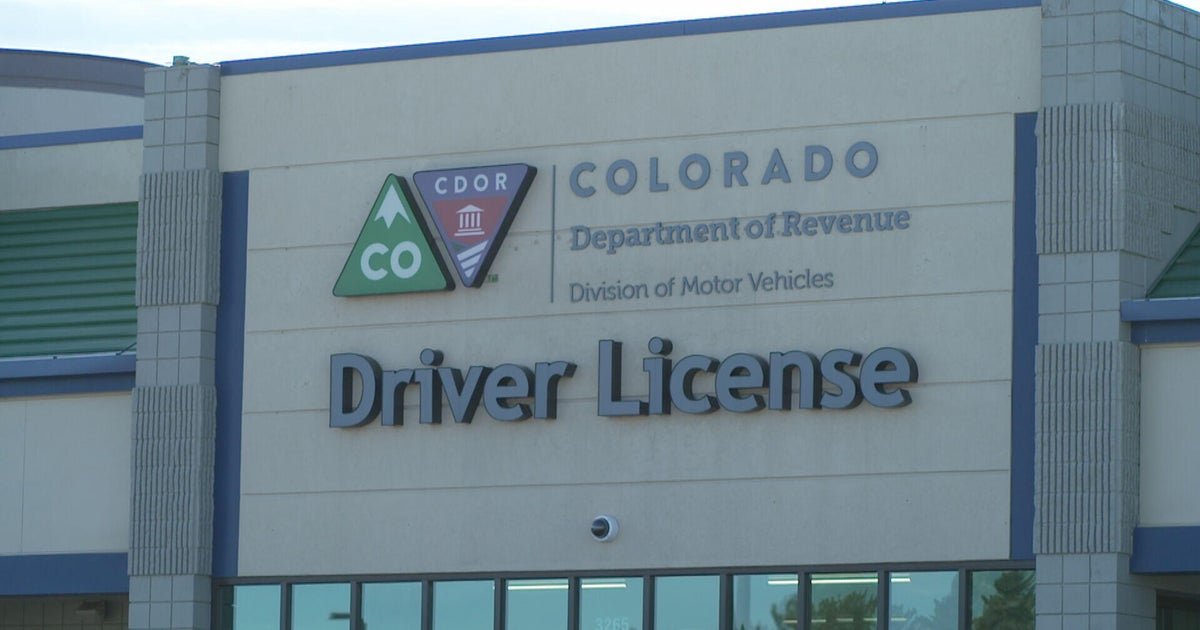Florida's Citrus Industry 'Pretty Close To A Cliff'
TALLAHASSEE (CBSMiami/NSF) -- State lawmakers and citrus growers expressed a need Tuesday to entice people to drink more orange juice and for citrus importers to help in the marketing of Florida's struggling signature crop.
After 15 years of fighting the impacts of hurricanes, citrus greening disease, a reduction in acres because of the state's rapid growth and changes in drinking habits, Florida Citrus Mutual Executive Vice President Michael Sparks said the condition of the industry has gotten "better."
However, Sparks acknowledged the need for a "robust" marketing campaign and that growers are at a crossroads as they seek state and federal partnerships.
"I don't know how many plagues were going to fight, but we're getting very close to biblical proportions," Sparks told members of the Senate Agriculture Committee. "All of these issues have put downward pressure on grower returns."
Similarly, Senate Agriculture Chairman Ben Albritton described the industry, which in Florida employs about 50,000 people, as "standing pretty close to a cliff right now."
"We're down, from an infrastructure standpoint, the industry is down to a bare minimum," said Albritton, a citrus grower from Wauchula. "Essentially, if you get to a place where you have a Pepsi or a Coke or a Florida's Natural that walks off the reservation, that's a problem. That is a problem., Nobody is writing an obituary, but we're sick."
Production in Florida is up, but the latest issue for the industry is an oversupply caused by processors that signed multi-year deals with foreign growers from Mexico and Brazil. The deals were inked as Florida growers weren't expected to quickly recover from the devastation inflicted on groves by Hurricane Irma in 2017.
Sparks said the industry in Florida needs importers to contribute to citrus marketing efforts.
"They're getting a free ride now in the United States," Sparks said. "About half of all the orange juice that is consumed, more than half, comes from other countries. They have got to step up and help us fund a marketing program to get consumers to drink, (to) enjoy more Florida orange juice."
Last month, the Florida Citrus Commission rejected a proposal to raise from 7 cents to 12 cents a per-box tax on oranges that growers pay to help market their crops.
The commission backed larger growers by agreeing to consider later whether to use $2 million from anticipated reserve revenue to expand national marketing efforts on social media and streaming services to extol health benefits of oranges.
"We've got to find a way, either through our federal partners or through the state, to make the playing field equal, so we can get a foothold back into the market," said Sen. Doug Broxson, a Gulf Breeze Republican who serves on the Agriculture Committee. "We can't wait 10 years for you to find those markets you depended upon for 50 years. … It may look like it's something that we create through government, which I don't like, but we've got to balance the playing field."
Albritton said a "fairly modest" interjection of support could bring a sizeable return "because the market is so depressed."
On Tuesday, the U.S. Department of Agriculture revised its citrus forecast for the 2019-2020 season, which will run through July. It projected Florida growers will produce enough oranges to fill 74 million of the industry-standard 90-pound boxes. The forecast is unchanged from an October estimate and would top the 71.6 million boxes during the 2018-2019 season.
Grapefruit production is predicted to increase from 4.31 million boxes during the past season to 4.9 million boxes, U.S. Department of Agriculture State Statistician Mark Hutson said in a conference call to announce the December estimates.
Specialty crops, such as tangerines and tangelos, remain on target to fill 1.05 million boxes.
Growers are now using just under 400,000 acres.
The season before the state experienced a series of hurricanes in 2004 and 2005, Florida growers produced 242 million boxes of oranges across 546,800 acres.
Citrus greening disease started to impact production a few years later and continues to hinder growth.
Gov. Ron DeSantis' proposed $91.4 billion budget for next fiscal year includes $22 million for fruit and vegetable inspection and enforcement and another $8 million for citrus research.
State Agriculture Commissioner Nikki Fried has asked lawmakers to include $8 million for citrus research projects, $7.4 million for citrus health and fighting pests and diseases and $2.5 million to support the Citrus Inspection Trust Fund.
Legislators approved $18 million for citrus-greening research in the current fiscal year.
(©2019 CBS Local Media. All rights reserved. This material may not be published, broadcast, rewritten, or redistributed. The News Service of Florida's Jim Turner contributed to this report.)







